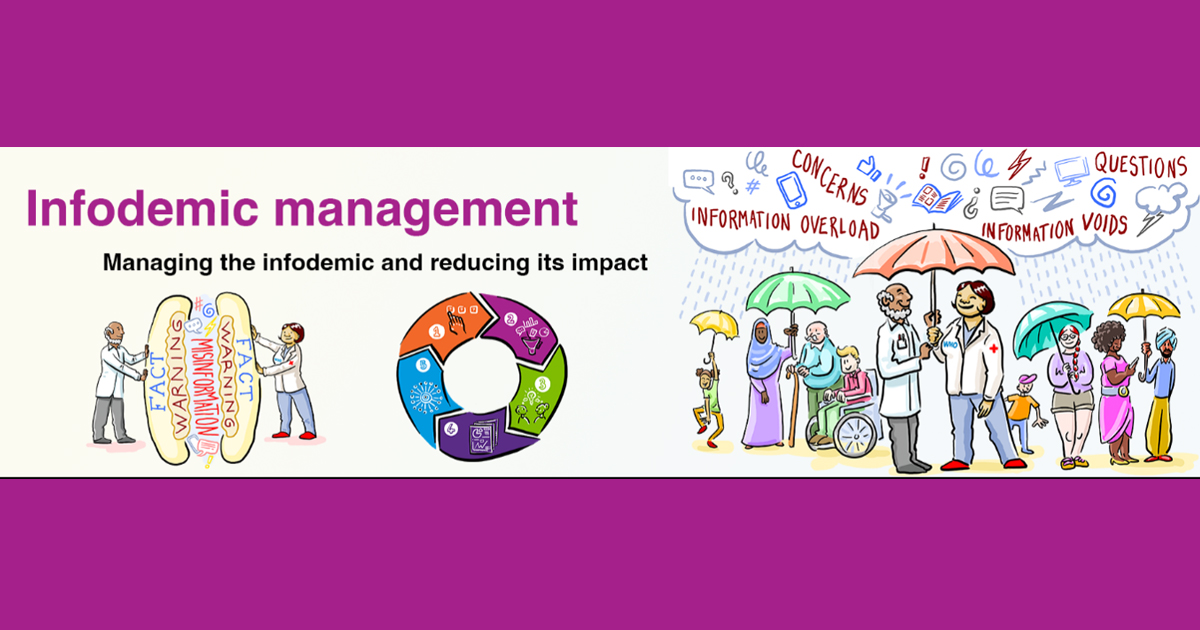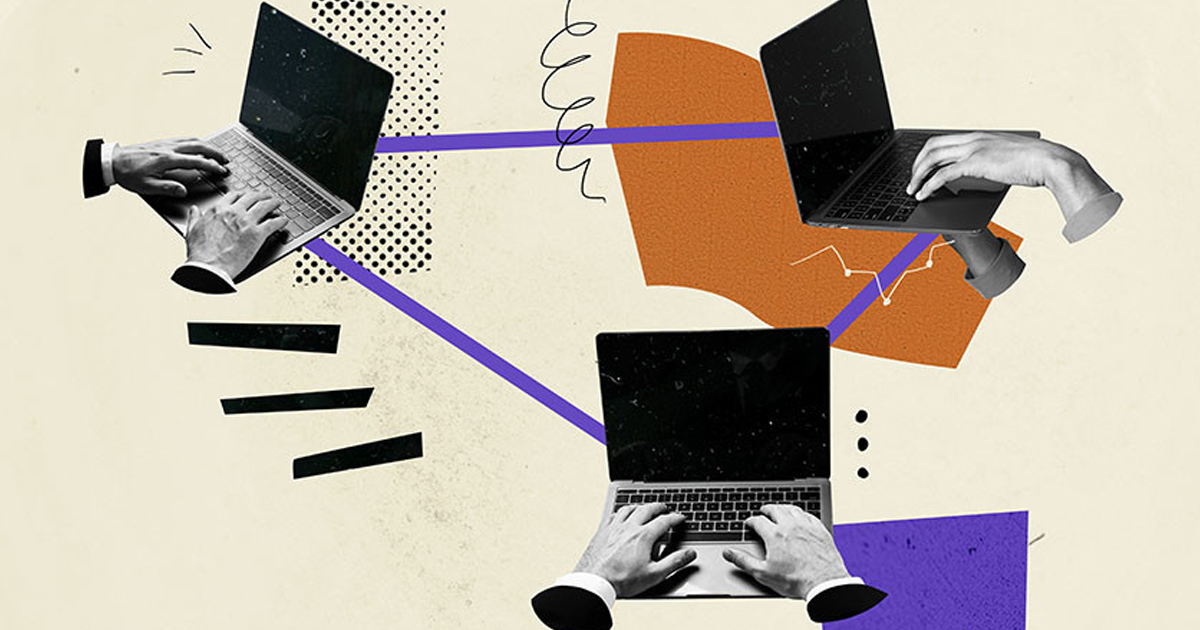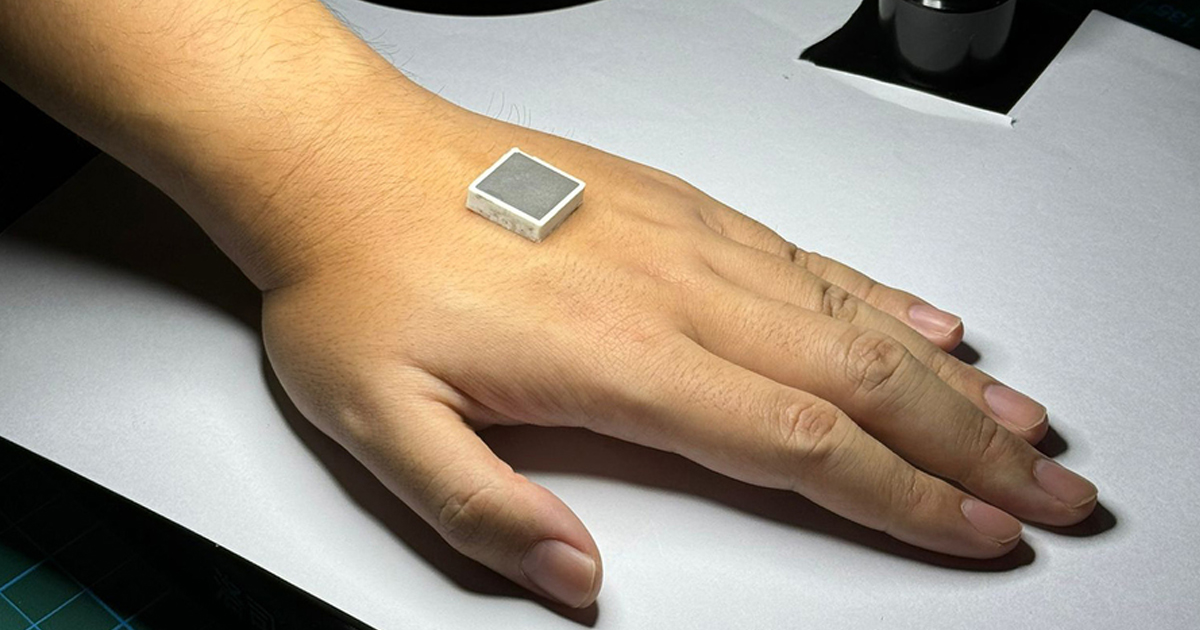La investigación realizada por Rice University se basó en dos estudios que examinaron las conductas de los participantes y sus tendencias de consumo de medios digitales, se asociaron los patrones de autocontrol seguidos por la actividad cerebral a los regímenes de alimentación y actividad física.
La investigación dirigida por realizado por Richard B. López, Todd. F. Heatherton y Dylan D. Wagner, researchers at Rice University, cuya hipótesis indica que la multitarea de los medios está asociada con un desequilibrio entre los procesos reguladores y las respuestas relacionadas con la recompensa a los estímulos alimenticios apetitosos, lo que resulta en una mayor sensibilidad a las señales externas de alimentos entre las multitareas de los medios de comunicación.
Las personas con comportamientos de multitarea o multitasking son aquellos que utilizan dispositivos y alternan su uso sin pensarlo, por ejemplo, revisar el teléfono móvil cuando se está utilizando la computadora.
El estudio tuvo 132 participantes, todos adultos de 18 a 23 años, quienes tuvieron que responder preguntas relacionadas a sus conductas y tendencias en el uso de sus teléfonos móviles. Además, pasaron por una medición de su grasa corporal, ya que el 37% de los participantes tenían sobrepeso u obesidad.
No obstante, se necesitó emplear diferentes formas de medición para conocer la relación que existe entre los dispositivos digitales y el aumento de peso. Se encontró con un panorama en el que la costumbre mantenerse en contacto con estos dispositivos, se relaciona con los procesos de excitación de las neuronas que estimulan el apetito de la persona y la falta de autocontrol para poder sobrellevar dichas reacciones.

La investigación encabezada por Rice University seleccionó del primer grupo a 72 de los participantes para formar parte del segundo estudio. Dicho estudio que consistió para los en observar imágenes no relacionadas incluidas algunas de alimentos grasos. De esta forma el estudio descubrió que aquellos con tendencias de multitask, cuando estaban expuestos a señales de comida mostraron patrones diferentes en su actividad cerebral, generando un estímulo.
Sin duda alguna, las prácticas modernas de sociabilización se adaptan a los requerimientos que las nuevas tecnologías demandan, lo que implica que se generen más enfermedades conectadas con la falta de ejercicio, el sedentarismo y la ganancia de peso, es por eso que las futuras investigaciones pretenden ser más que descriptivas, integradoras y propensas a proponer soluciones para mejorar la salud de la población.
To read the full study entitled “Media multitasking is associated with higher risk for obesity and increased responsiveness to rewarding food stimuli” you can go to:
https://link.springer.com/article/10.1007/s11682-019-00056-0







